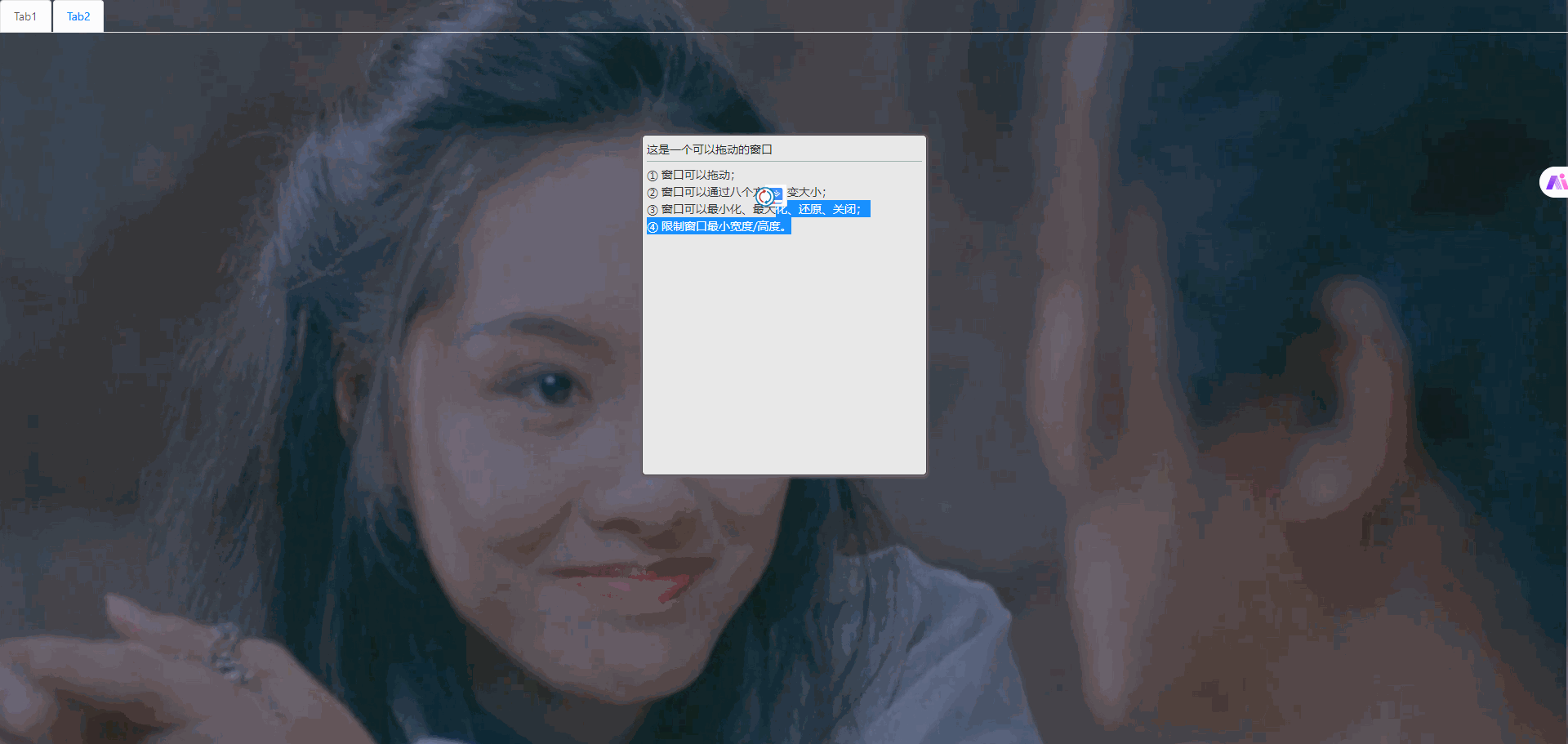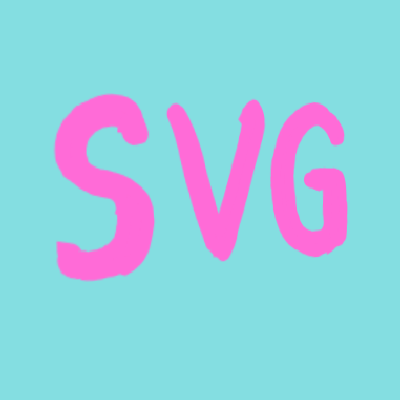学习SVG
svg学习
解决图标的最佳方案,平时我们添加图标的时候可能会对图标进行放大和缩小的处理,当图标被放大以后图标像素可能会失真,这样对用户视觉效果有一定的影响,那么怎么解决呢,于是就想到可以尝试用svg解决这个问题
Svg 是通过对图形进行绘制而形成的
使用方式
<svg width='100' height='100'>...</svg>创建一个100*100的画布```
一·绘制种类
绘制矩形-rect
1 | <svg width="110" height="110"> |
说明:
Width:宽度
Height:高度
fill:填充颜色
stroke-width:边框宽度
stroke:边框的颜色
fill-opacity:填充透明度
stroke-opacity:边框透明度
可以写成opacity:0-1之间任意数
Rx、ry:角度弧形的程度
效果图:

绘制圆形-circle
1 | <svg width="200" height="200" fill='blue'> |
说明:
cy、cy:圆形的x、y的坐标
R:圆形的半径
效果图:

绘制椭圆-ellipse
1 | <svg width="500" height="150"> |
说明:
cx、cy:椭圆的x、y的坐标
rx、ry:水平、垂直半径
效果图:

绘制线条-line
1 | <svg width="200" height="200" > |
说明:
x1、y1:起点坐标
x2、y2:终点坐标
效果图:

绘制多线条-polyline
1 | <polyline points="10,30 40,50 60,70" fill="none" stroke="blue" stroke-width="3" /> |
说明:
points:三个点的坐标 以空格分开
效果图:

绘制多边形-polygon
1 | <polygon points="10,30 100,35 50,120" fill="pink" /> |
说明:
points:多个点的坐标 以空格分开
效果图:

绘制文本-text
1 | <text x='20' y='50' transform='rotate(10,20,30)' font-size='20' text-anchor='start/middle/end'> 11111111</text> |
说明:
x、y:文本的起点位置
transform:旋转角度(r x,y)r-旋转角度 x,y旋转中心点 x,y默认为0,0
font-size:字体大小
text-anchor:文本对其方式
text增加跳转地址:用
1
2
3
4
5
<svg width="200" height="200" xmlns:xlink='http://www.w3.org/1999/xlink'>
<a xlink:href='' target='_blank'>
<text x='20' y='50' transform='rotate(10,20,30)' font-size='20' text-anchor='start/middle/end'> 跳转</text>
</a>
</svg>
绘制路径-path
1 | <svg width="200" height="200"> |
说明:
d(draw):
M(Moveto):M-决定定位 m-相对定位
L(lineto):
q:控制点(x,y) 终点(x,y)
stroke-width:边框宽度
stroke:边框的颜色
stroke-linecap:笔画笔帽属性 -butt 灭有线帽 -round圆形线帽 square 方形
stroke-dasharray:虚线笔画数性 至少两个数字
当多个路径或者图形组合在一起。并且拥有相同颜色或者线条宽度时,为了减少多次在标签中设置相同的配置,可以将拥有相同配置的标签以
效果图:

模糊效果和阴影效果
模糊效果:
1
2
3
4
5
6
7
8 <svg width="200" height="200">
<defs>
<filter x="0" y="0" id='f1'>
<feGaussianBlur stdDeviation='20' />
</filter>
</defs>
<rect width='200' height='200' fill='pink' stroke='green' stroke-width='30' filter='url(#f1)'></rect>
</svg>
效果图:

阴影:
1
2
3
4
5
6
7
8
9
<svg width="300" height="300">
<defs>
<filter x="0" y="0" width="100" height="100" id="f2">
<feOffset in="SourceAlpha" dx="20" dy="20" />
<feBlend in="SourceGraphic" />
</filter>
</defs>
<rect width='200' height='200' fill='green' stroke='yellow' stroke-width='4' filter="url(#f2)"></rect>
</svg>
注意:filter=”url(#f2)”要与id=”f2”内容是一样的
效果图:

线性渐变-linearGradient
<svg width="200" height="200">
<defs>
<linearGradient x1="0%" y1="0%" x2="100%" y2="0%" id="f6">
<stop offset="0%" stop-color="yellow" />
<stop offset="100%" stop-color="pink" />
</linearGradient>
</defs>
<rect width='200' height='200' fill="url(#f6)" />
</svg>
说明:
offset:开始和结束位置的属性值
stop-color:渐变的颜色
需要注意的是id要与下面的url里面的内容一致
效果图:

径向渐变-radialGradient
1 | <svg width="400" height="400"> |
说明:
offset:开始和结束位置的属性值
stop-color:渐变的颜色
cx,cy,r:外面的圆和半径
fx,fy:内部的为止
效果图:






